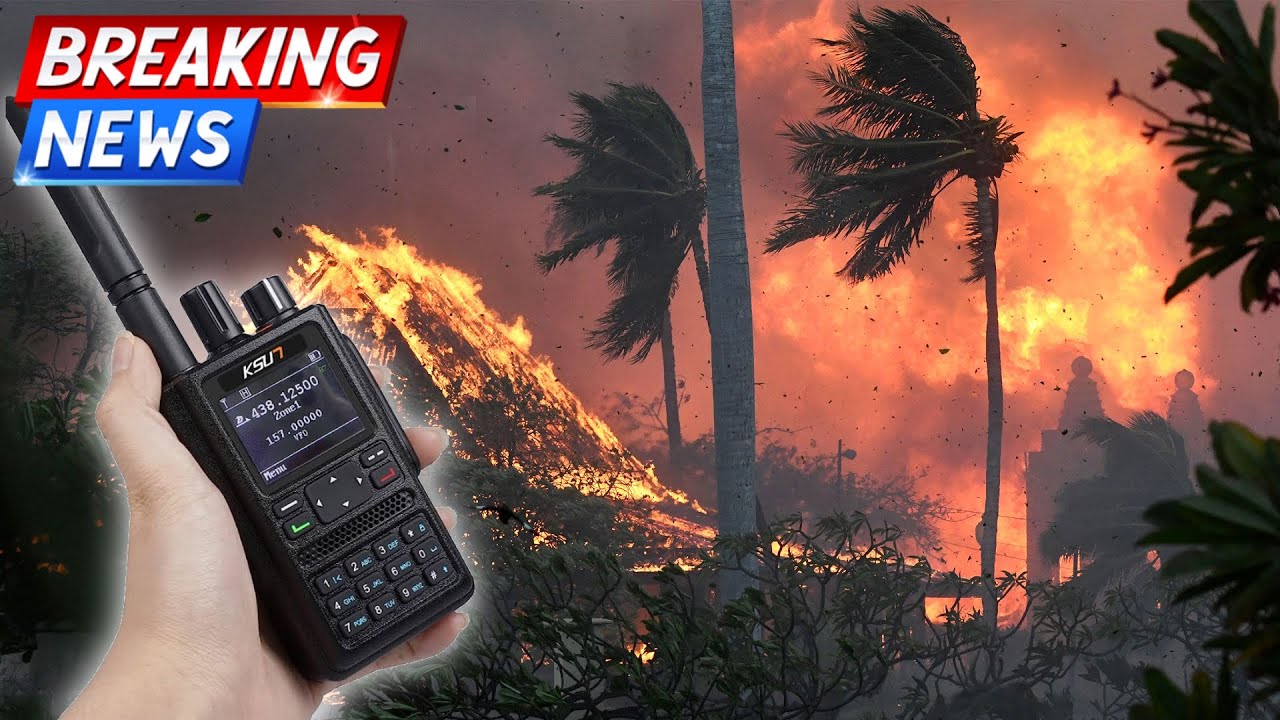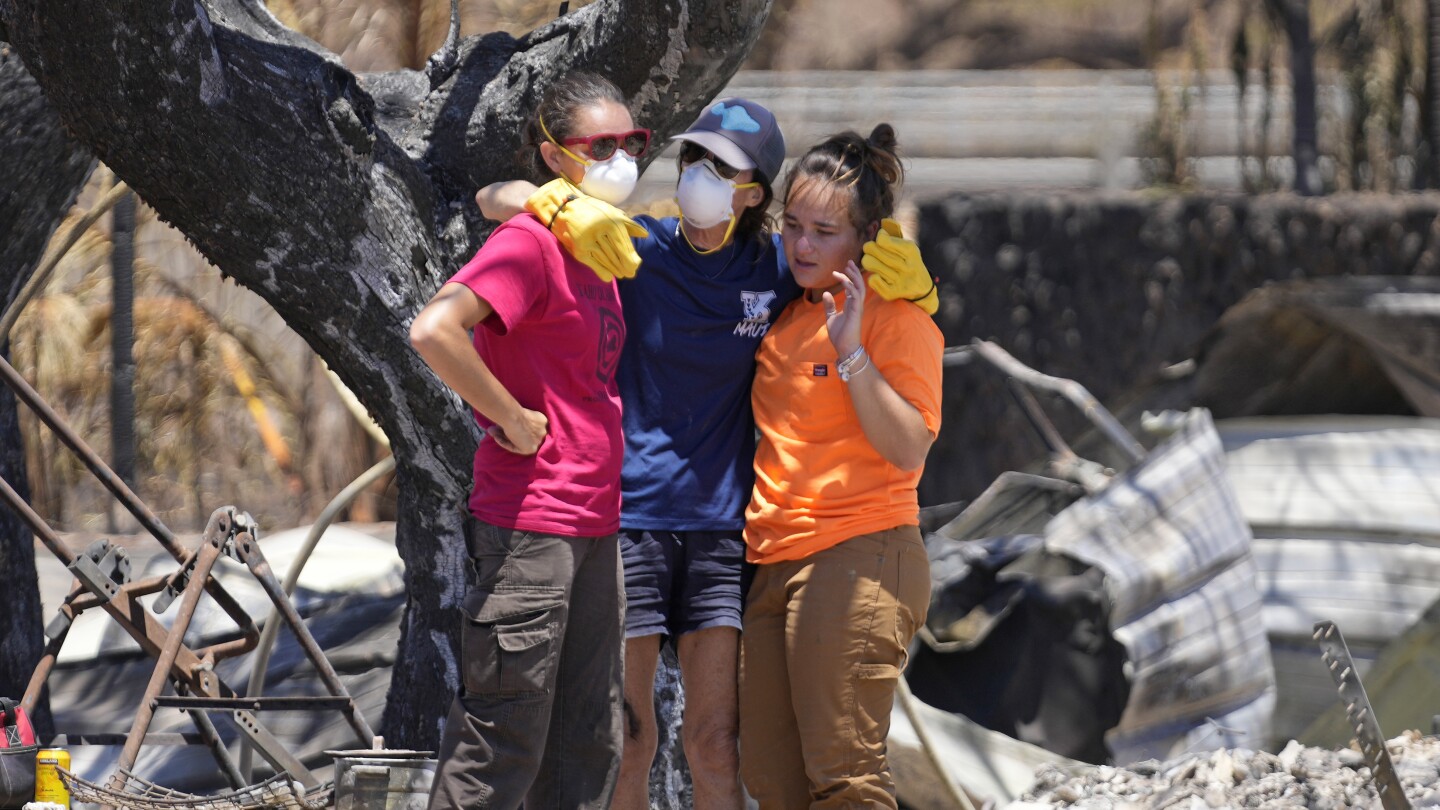- 83 Posts
- 5 Comments

 2·1 year ago
2·1 year agoOh, sorry. My browser automatically puts NYT in reader mode, and I think I still had that few remaining free items when I read the article, so I saw the paywalled stuff. I now changed the link to the archive.org version, as @wanderingmagus suggested.

 2·1 year ago
2·1 year agoCould they have foraged for food and mistakenly eaten inedible vegetation?

 61·1 year ago
61·1 year agoMuch of the public response to language models like OpenAI’s ChatGPT has focused on all the jobs they appear poised to automate. But behind even the most impressive AI system are people — huge numbers of people labeling data to train it and clarifying data when it gets confused. Only the companies that can afford to buy this data can compete, and those that get it are highly motivated to keep it secret. The result is that, with few exceptions, little is known about the information shaping these systems’ behavior, and even less is known about the people doing the shaping.

 3·1 year ago
3·1 year agoMaybe also because of the learning curve. Those who find to bothersome to set up accounts on their preferred instances will just give up and stick to whatever toxic platform they’re currently using. In other words, I’d like to think of fediverse users as smarter than most.















Saw your comment just now. Upon further reading, I also posted another article from BBC that provides what is perhaps a more objective view about the flooding. One does have to wonder, of course, how much of the information is controlled by the authorities.
As for how it relates to prepping, well, isn’t getting ready for the effects of natural hazards (and the disasters that can be an aftermath of these) related to prepping?
Thanks for the lead.